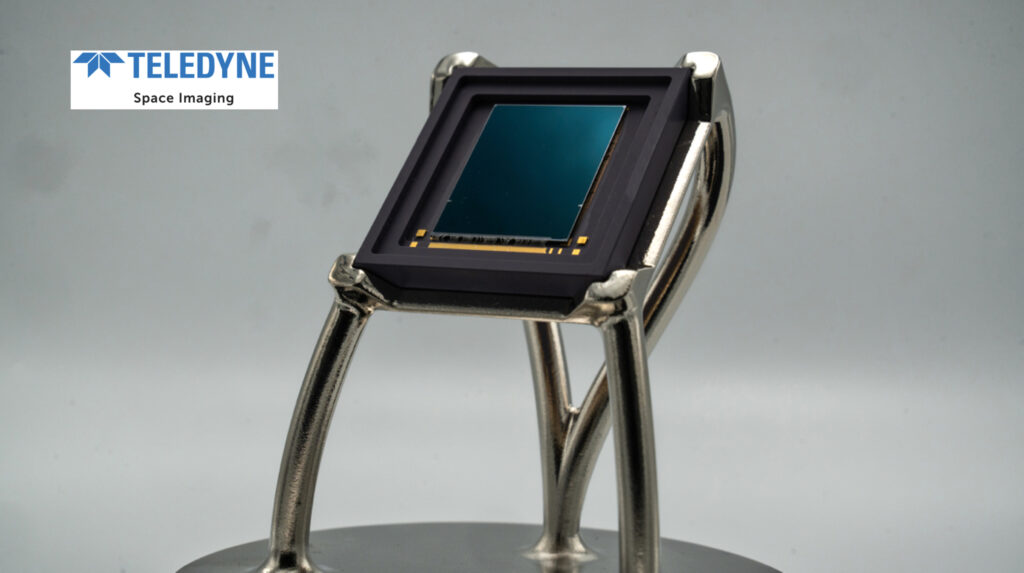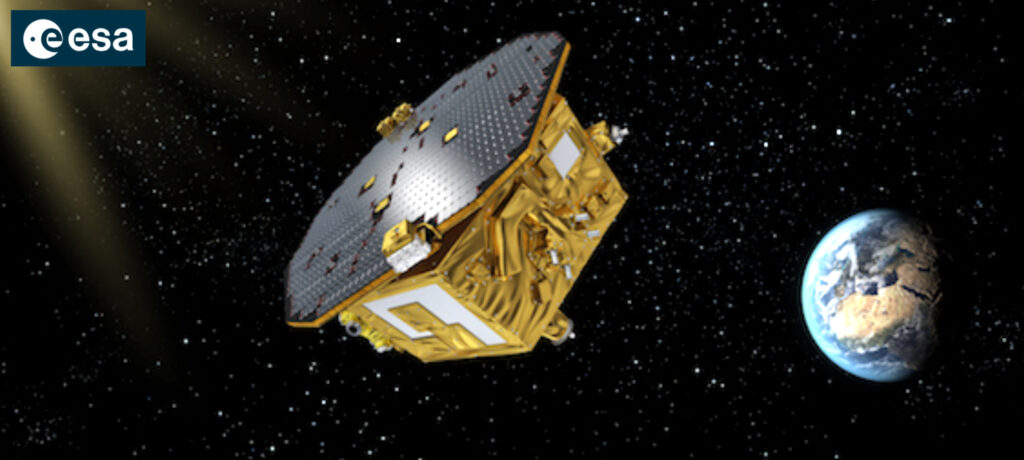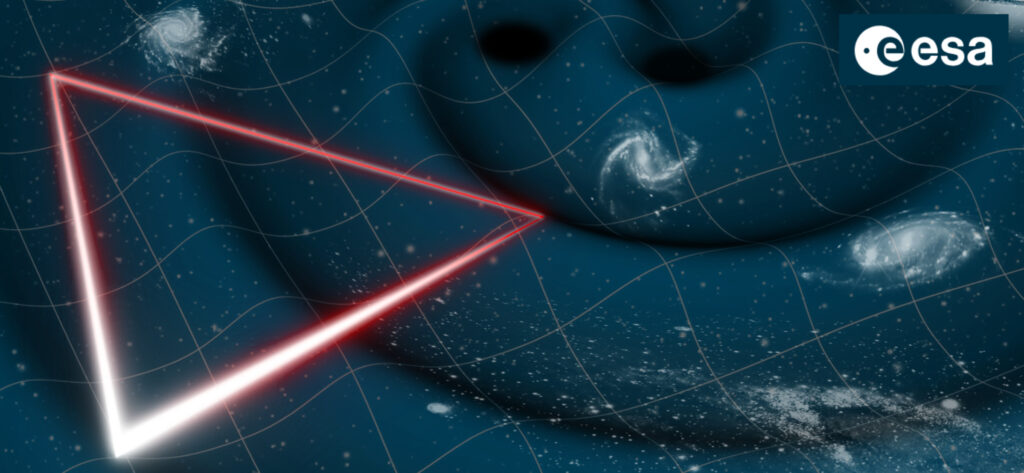
Teledyne Space Imaging has been awarded the role of Prime Contractor for the CAS (Constellation Acquisition Sensor) instrument, contributing to the ESA mission, LISA (Laser Interferometer Space Antenna).

The UK imaging sensor manufacturer is using its well-established capabilities in detector technology and prowess in proximity electronics to deliver six CIS220 detectors and the control electronics for the international space observation project. Teledyne will do this in partnership with Thales Alenia Space in Switzerland, who will be responsible for the optical head.
LISA is a mission led by ESA, in partnership with their member states and NASA, who provide critical payload technology. LISA will be the first space-based observatory that is dedicated to studying gravitational waves, or ripples in the fabric of space-time, emitted during powerful events such as two black holes coming together and merging into one. In this capacity, the LISA mission will be the first of its kind to probe the entire history of the universe via gravitational waves and is the result of global co-operation between several leading space agencies, companies and organisations.

Credit: ESA.
Specifically, the LISA CAS instrument will help establish the interferometric laser links between spacecrafts positioned at the vertices of a triangular constellation and transform them into a single gravitational wave observatory. This will enable the mission to study the formation of compact binary stars and the structure of the Milky Way galaxy, as well as trace the origins and merger history of black holes and probe the rate of expansion of the universe.
Filippo Marliani, LISA project manager at ESA, said, “LISA is an endeavor that has never been tried yet. This unique ESA led mission, made in partnership with our Member States and NASA, will be a breakthrough in astrophysics and space exploration. Teledyne Space Imaging, and its partner Thales Alenia Space in Switzerland, will contribute to make it possible with the challenging work on the CAS instrument. I am very much looking forward to this renewed collaboration with them.”
Daniel Waller, Vice-President and General Manager of Teledyne Space Imaging, said, “We are very excited to be Prime Contractor for the CAS instrument on such an exciting space observatory mission as LISA. Our image sensor technology sits at the cutting edge of what could be a total game changer for the space observation sector. We are thrilled to be consolidating our work with NASA and ESA into 2025 and beyond, especially after our involvement in the UK TRUTHS climate change observation space mission last year.”
Elisabetta Rugi Grond, CEO of Thales Alenia Space in Switzerland, said,“We are extremely proud of our contribution to the success of this mission, and look forward to the exciting and challenging developments to come! We are thrilled to collaborate with Teledyne and look forward to strengthening our partnership on other projects in the future. This is not just a contract, but a significant breakthrough in the field of astrophysics and space exploration. We look forward to sharing new information with you as we embark on this ambitious adventure together!”
Alan Soutar, LISA Project Director at Teledyne Space Imaging, said, “We recognize that the success of ambitious missions such a LISA depends on collaboration of the best capabilities to push the boundaries of science. We look forward to our partnership with Elisabetta and her team.”
Caroline Harper, Head of Space Science at UK Space Agency, said, “Teledyne has a strong heritage in providing cutting edge sensors and electronics for major space science missions. This contract to deliver a crucial element of the mission hardware marks another milestone for Teledyne in the UK and showcases the importance of global collaboration between space agencies and companies to advance our collective knowledge. We eagerly anticipate the breakthrough science we can expect from LISA, which will enhance our understanding of the Universe and life on Earth.”
About Teledyne Space Imagining
Teledyne Space Imaging is a global leader in engineered and complex space solutions, manufacturing advanced electronics, imaging and sensor systems for operation in the growing global space economy.
